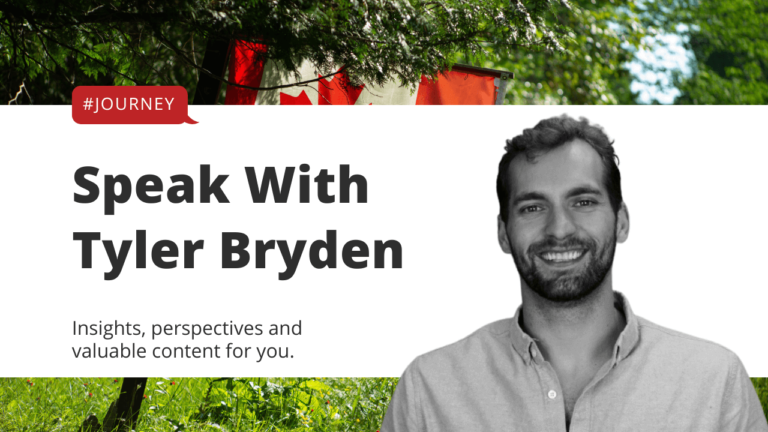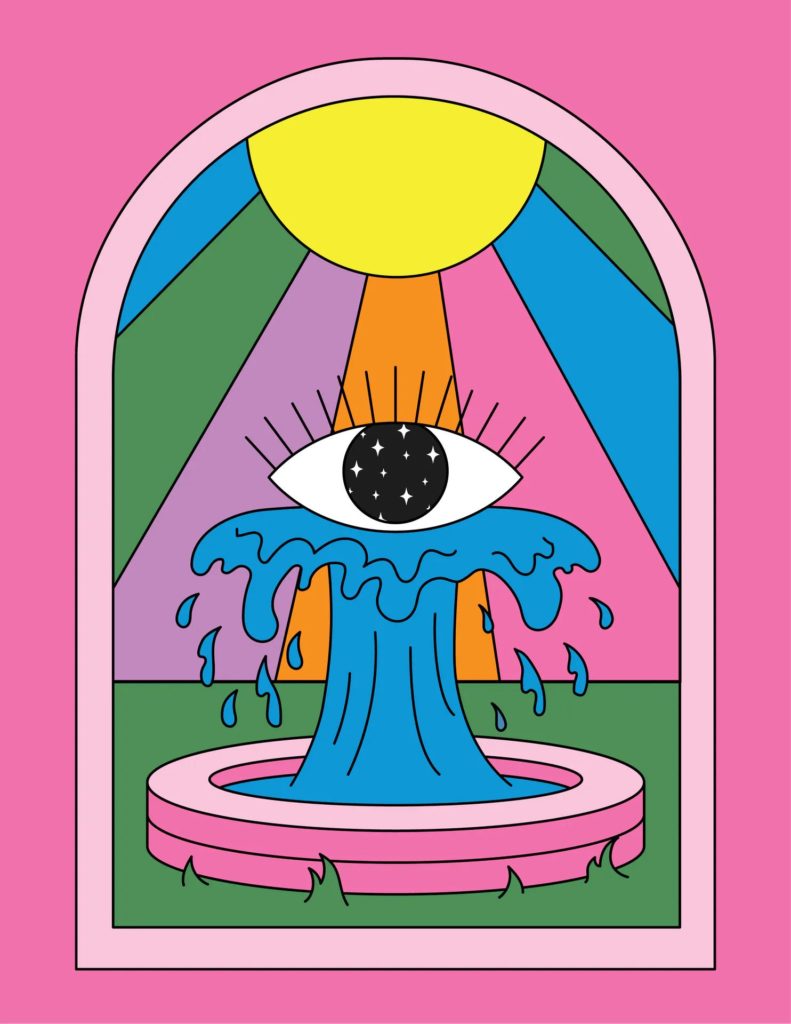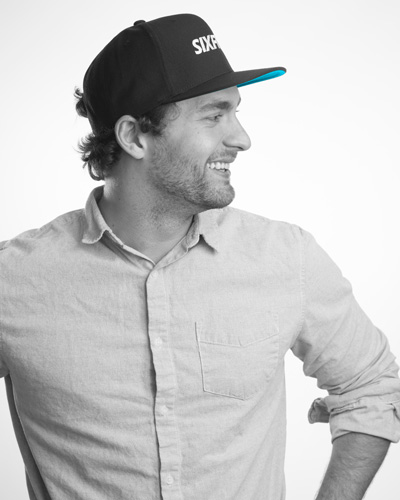
Tumblr and WordPress Selling Data To Midjourney and OpenAI
Interested in Tumblr and WordPress Selling Data To Midjourney and OpenAI? Check out the latest video and resources from Tyler Bryden on Tumblr and WordPress Selling Data To Midjourney and OpenAI!


